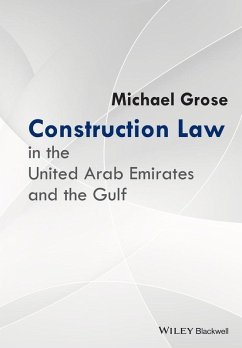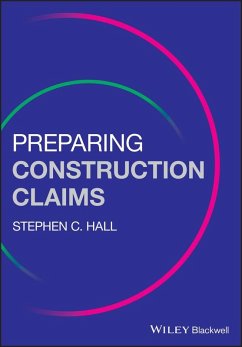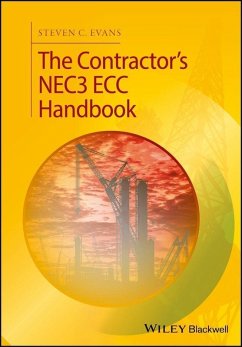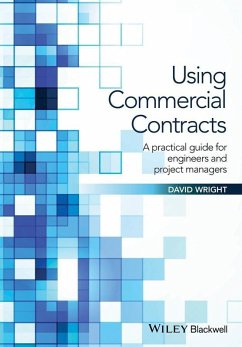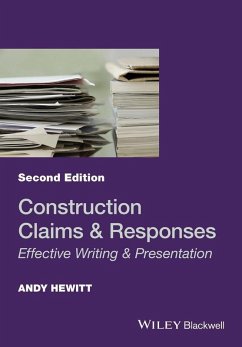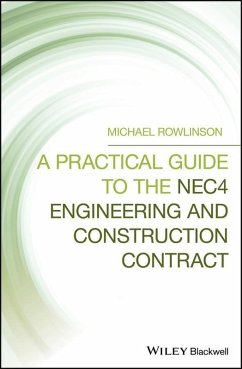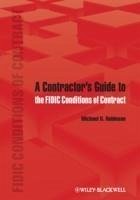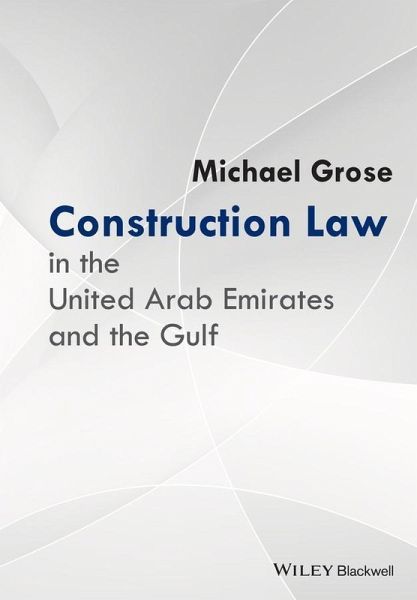
Construction Law in the United Arab Emirates and the Gulf (eBook, PDF)
Versandkostenfrei!
Sofort per Download lieferbar
130,99 €
inkl. MwSt.
Weitere Ausgaben:

PAYBACK Punkte
0 °P sammeln!
Construction Law in the United Arab Emirates and the Gulf is an authoritative guide to construction law in the United Arab Emirates and the Gulf. The principal theme is the contrast between construction law in an Islamic civil law jurisdiction and construction law in a common law jurisdiction. the first authoritative text on the application of the laws of the UAE extensive extracts from the region's applicable laws, all translated from Arabic, and hundreds of judgments of the most senior courts used to back up the analysis provided
Dieser Download kann aus rechtlichen Gründen nur mit Rechnungsadresse in D ausgeliefert werden.




